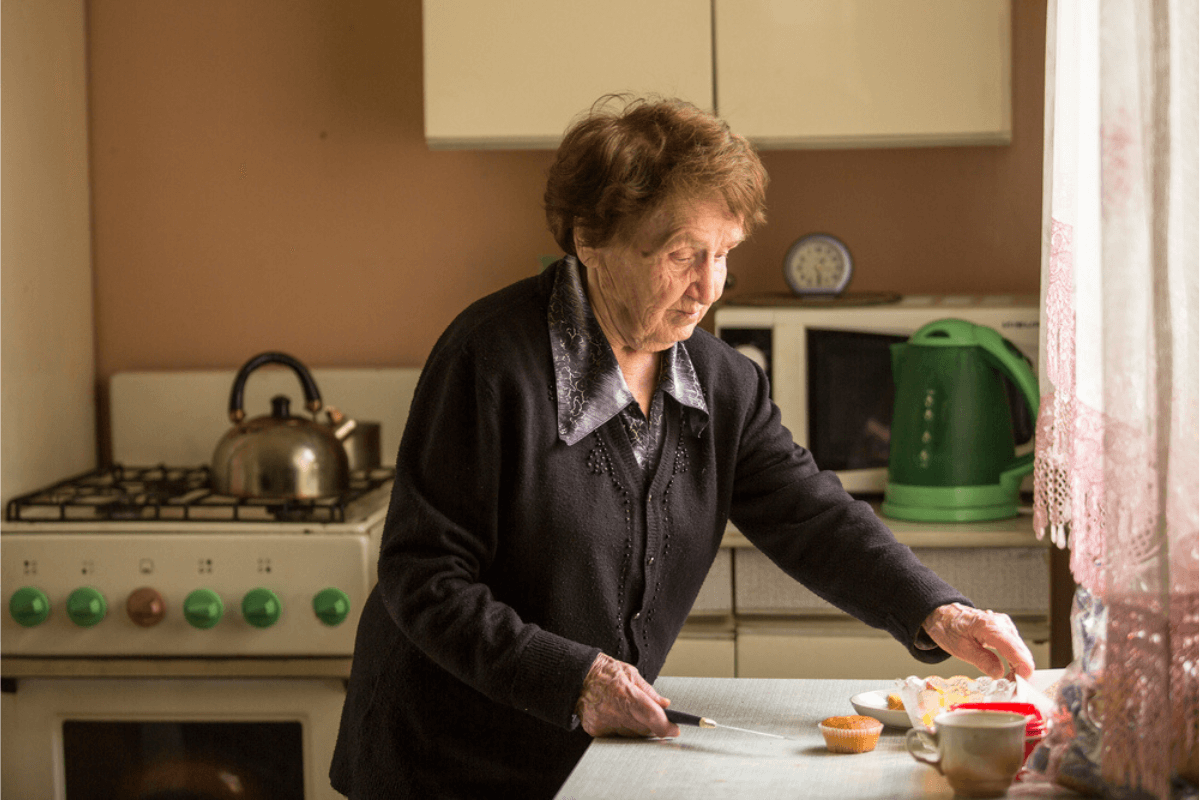There’s a lot of global unrest and devastation happening in the news. But many of us are still processing the outcome of last year’s referendum.
On the 14th of October 2023, Australians voted on a proposal to enshrine a First Nations advisory body in the constitution.
With just 39.9% of legal votes in favour of this change, the Voice to Parliament was rejected.
First Nations leaders who campaigned for The Voice called for a week of silence to grieve and reflect on the result.
“Now is not the time to dissect the reasons for this tragic outcome,” the statement read.
“This will be done in the weeks, years and decades to come. Now is the time for silence, to mourn and deeply consider the consequence of this outcome.”
Many First Nations Peoples and allies, including RAQ staff members, are still grappling with the grief of the referendum result.
We acknowledge the pain and disappointment still felt today.
The Voice debate and related conversations took a heavy toll on many First Nations Peoples, regardless of their vote.
Being the focus of strong political opinions, misinformation, and increased instances of racism had a significant impact on some First Nations Peoples’ mental, emotional, social, and spiritual wellbeing. For some, these impacts will continue long after the vote.
We honour the years of work and dreaming of the First Nations Peoples, Elders, and Leaders who advocated for a Voice.
It is owing to this continued heavy lifting and emotional labour that the conversation around enshrining a First Nations Voice in the Constitution reached a national level.
We express our deepest gratitude to our First Nations workforce who generously shared their diverse voices, experiences, and perspectives, leading our organisation to a position of Yes.
RAQ will continue to do the work and to say Yes in our ongoing commitment to cultural fitness and our organisation’s Reconciliation Action Plan (RAP).
We have dedicated a significant focus on arts and cultural healing as part of our RAP commitment to working even closer with First Nations Leaders, Elders, and sector peers, along with our RAP partners and allies.
We’re embracing arts and cultural healing as a vehicle to address the inequities First Nations Peoples experience in Australia and the harm they have experienced historically as an impact of colonisation.
This harm was further exacerbated in the leadup to the referendum through mythmaking and falsehoods spread in the media, along with increased reports of racialised violence against First Nations Peoples and allies across Australia.
“First Nations Leaders and their communities, alongside allies across our sector, seek to heal, stand strong, hold hope, and work toward peace that produces a more equitable, shared future with all other Australians.”
– Aunty Debra Bennet, Lead Aboriginal and Torres Strait Islander Engagement, Arts and Cultural Healing and Cultural Advisor, Relationships Australia Qld
The South Australia Government has committed to a state-based implementation of the Uluru Statement from the Heart –_Voice, Treaty and Truth_– commencing with the South Australian First Nations Voice to Parliament.
This independent advisory body will be made up of six Local First Nations Voices and a State First Nations Voice.
RAQ commends South Australia for taking this important step toward a fairer and more healing future.
We encourage the Queensland Government to follow South Australia’s example with a state-based First Nations Voice to Parliament, consistent with international human rights standards.
We’re hopeful to see this crucial step toward Voice, Treaty and Truth in the near future, and we will continue to stand strongly for the rights of our First Nations Peoples, the oldest living culture in the world.
While we regather hope for the future, it’s important we know the signs we might need to reach out for help from community or a professional. These might include:
- Increased anxiety and depression__
- Changes in sleep and appetite__
- Feeling fearful and unsafe__
- Feelings of shame__
- Trauma and PTSD__
- Chronic stress__
- Suicidal thoughts.__
If you notice these signs in yourself or someone you know, free and confidential help is available 24/7._
RAQ offers culturally safe counselling and support services for First Nations Peoples. You can call_1300 364 277_to make an appointment or get help finding the right support for you._
Lifeline – 13 11 14
24/7 crisis support
13YARN – 13 92 76
24/7 crisis support from an Aboriginal or Torres Strait Islander Crisis Supporter
Brother to Brother – 1800 435 799
24/7 crisis support for Aboriginal and Torres Strait Islander men of all ages
Yarning SafeNStrong – 1800 959 563
24/7 crisis support from an Aboriginal or Torres Strait Islander Crisis Supporter






